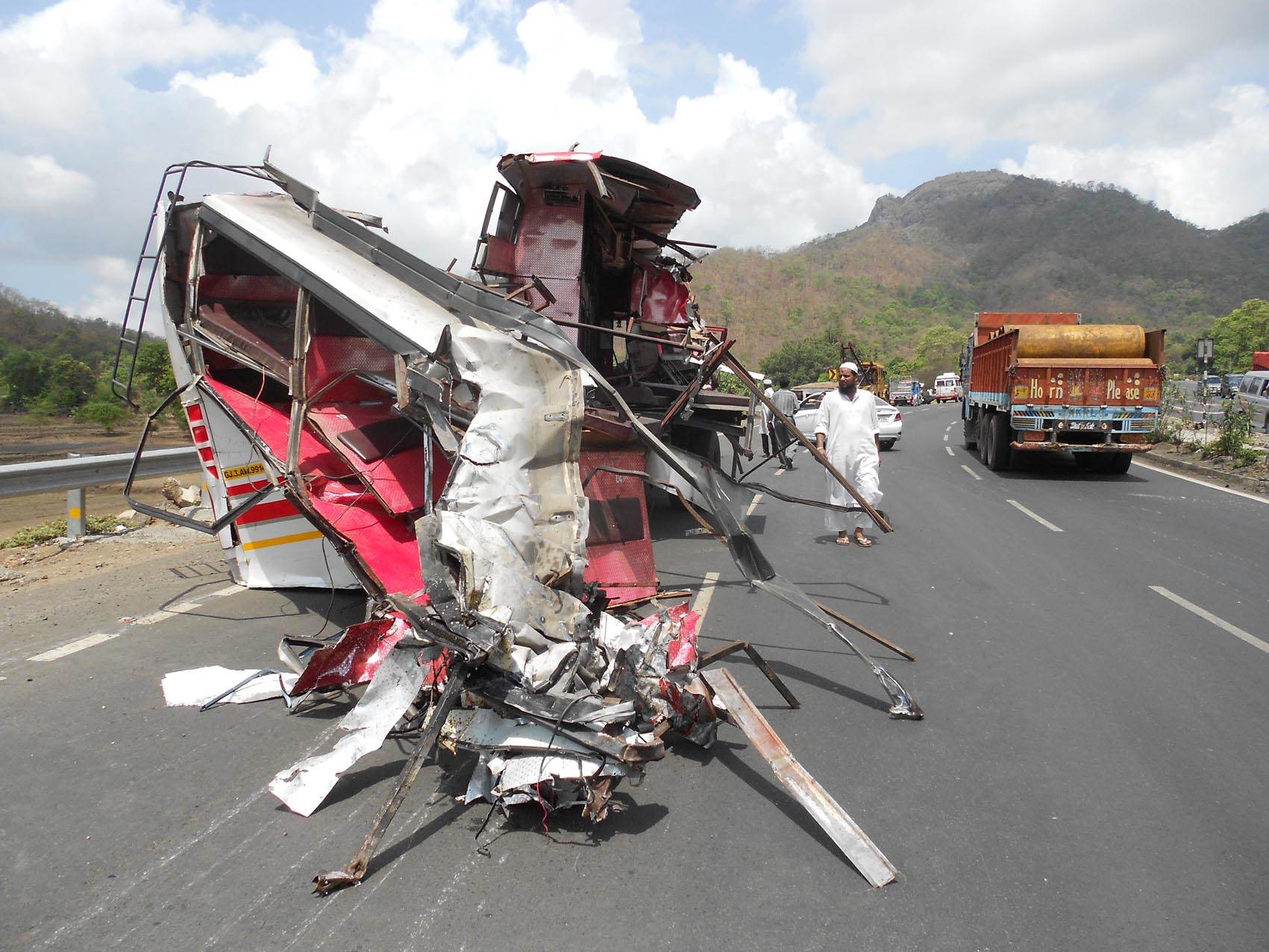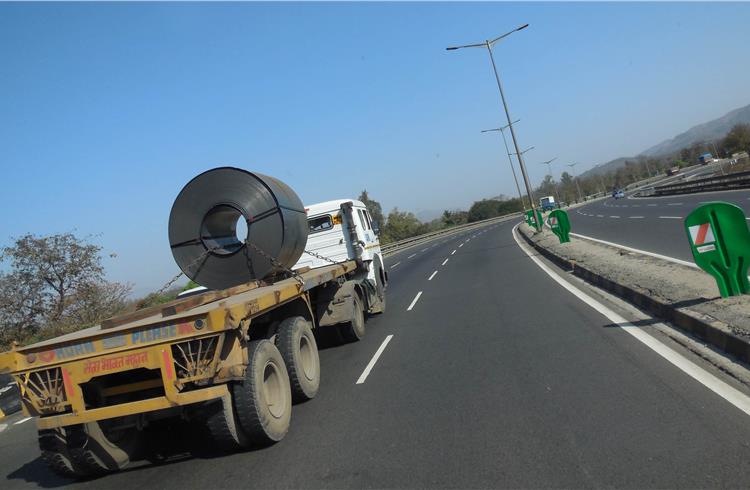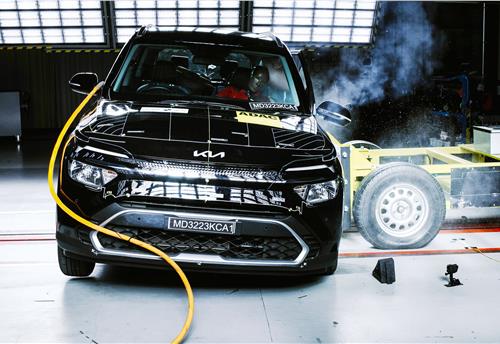Government raises speed cap on National Highways and expressways
Expressway speed limit raised to 120kph, 100kph for cars to 100kph on national highways and 70kph in cities, 80kph for CVs on both highways and expressways and 60kph for two-wheelers in the city.
The Ministry of Road Transport and Highways (MoRTH) has, in a notification, announced a 25 percent hike in highway and a 20 percent hike in expressway speed limits across the country.
Exercising its powers in the Motor Vehicle Act (1959), the MoRTH has revised the permissible speed limit for passenger vehicles in the M1 category (including passenger carriers having not more than eight seats) plying on all national highways to 100kph. The earlier limit used to be 80kph. On the other hand, it has also raised the cap on expressway speed limit for these vehicles which largely include passenger cars and UVs, to 120kph, from the 100kph prevalent earlier.
While the speed limit for goods carrying commercial vehicles has been brought up to a uniform 80kph for both highways, as well as expressways, commercial people carriers (M2 and M3 categories) will now see the maximum speed limit being capped at 90kph for highways and that of 100kph on expressways. Two-wheelers, however, will be allowed to only go until a maximum of 80kph on either of such corridors offering fast movement of traffic.
Clearly hinting at the central government's confidence over the marked improvements in the road infrastructure in the country, the ministry, has, for the first time, also suggested speed limits for roads falling under the ambit of state municipal corporations. While the notification states a speed limit of 70kph for passenger vehicles, CVs, and two-wheelers have been allowed to move up from the 40kph and 50kph limits respectively, but not rush beyond 60kph while within city boundaries.
Highways are also killers
With a rather worrying track record of 480,652 road accidents across the country in 2016 and 150,785 ending up as fatalities, India’s national highways accounted for 29.6 percent of the total road accidents, and 34.5 percent of the total road deaths in the calendar.

While the country has safety regulations such as mandatory inclusion of ABS and airbags in cars, along with the mandatory installation of ABS or CBS in two-wheelers, pegged to come into force, the 2019 mandatory timeline is still a little sometime away. It could very well be the right time for the government as well as vehicle OEs to proactively take a step and advance the fitment of these safety equipment to enhance enhance road safety in the country.
Also read: 1,317 accidents and 413 deaths on Indian roads each day in 2016
RELATED ARTICLES
Kia Carens gets 3-star Global NCAP rating in fresh tests
The Carens MPV, which was tested twice under the new protocol, scored zero stars for adult occupancy in the first test.
Tata Elxsi-Renesas MCU for EVs enables cost optimisation, speedier time to market
Modular, scalable design of Motor Control Unit enables integration across diverse EV applications. Claimed to be reduce ...
Bosch hydrogen engine tech-powered truck to be on Indian roads this year
The global supplier of technology and services is betting big on both electromobility and hydrogen. While announcing the...





 16 Apr 2018
16 Apr 2018
 8036 Views
8036 Views





 Autocar Pro News Desk
Autocar Pro News Desk




